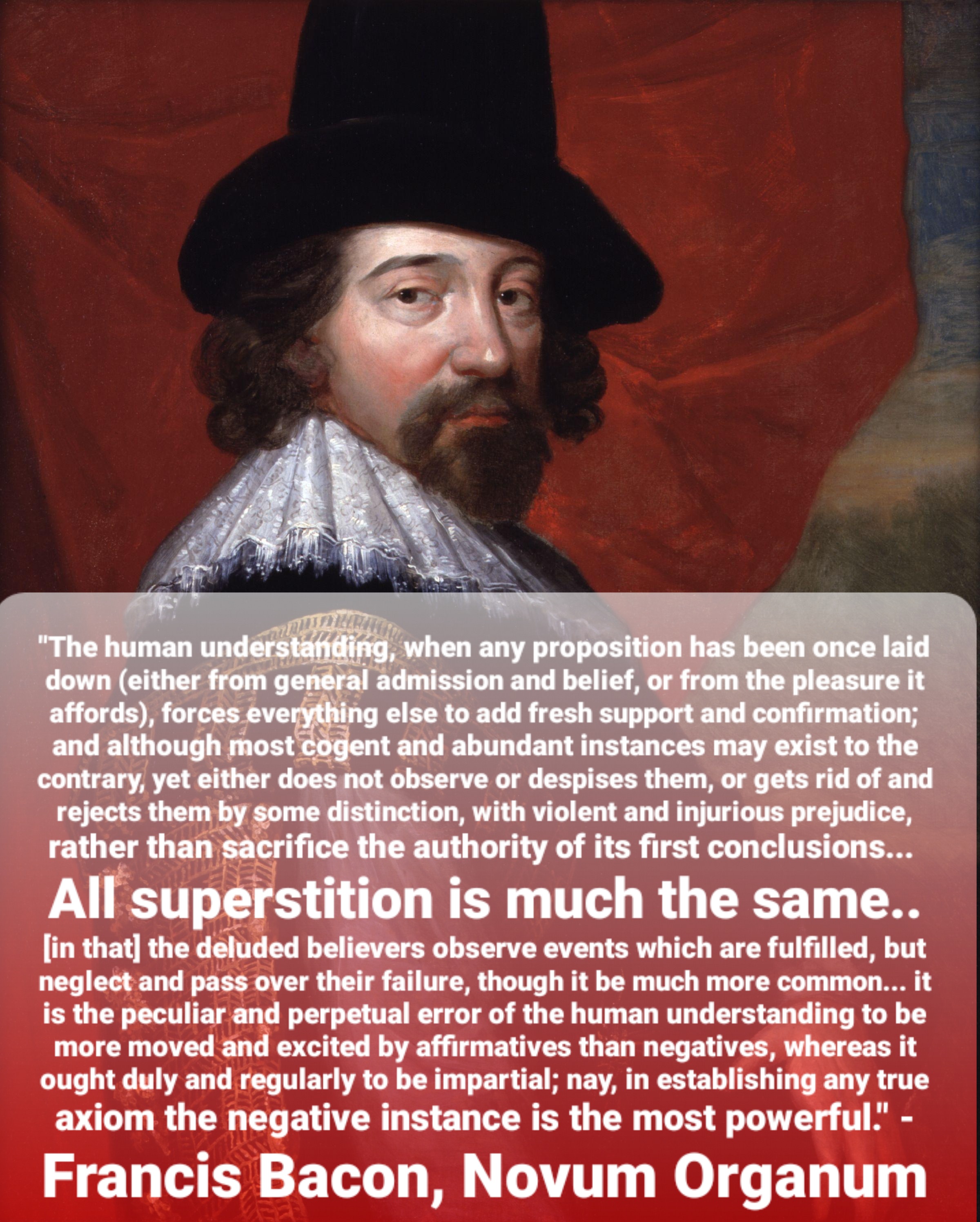
…[W]hen we recognize some emotional vulnerability regarding a claim, that is exactly where we have to make the firmest efforts at skeptical scrutiny. That is where we can be had.
…[One letter I received] said that as an inveterate skeptic I have closed my mind to the truth. Most notably I have ignored the evidence for an Earth that is six thousand years old. Well, I haven’t ignored it; I considered the purported evidence and then rejected it. There is a difference, and this is a difference, we might say, between prejudice and postjudice. Prejudice is making a judgment before you have looked at the facts. Postjudice is making a judgment afterwards. Prejudice is terrible, in the sense that you commit injustices and you make serious mistakes. Postjudice is not terrible. You can’t be perfect of course; you may make mistakes also. But it is permissible to make a judgment after you have examined the evidence. In some circles it is even encouraged.
…If science were explained to the average person in a way that is accessible and exciting, there would be no room for pseudoscience. But there is a kind of Gresham’s Law by which in popular culture the bad science drives out the good. And for this I think we have to blame, first, the scientific community ourselves for not doing a better job of popularizing science, and second, the media, which are in this respect almost uniformly dreadful. Every newspaper in America has a daily astrology column. How many have even a weekly astronomy column? And I believe it is also the fault of the educational system. We do not teach how to think. This is a very serious failure that may even, in a world rigged with 60,000 nuclear weapons, compromise the human future.
I maintain there is much more wonder in science than in pseudoscience. And in addition, to whatever measure this term has any meaning, science has the additional virtue, and it is not an inconsiderable one, of being true.
The full article can be found here.


